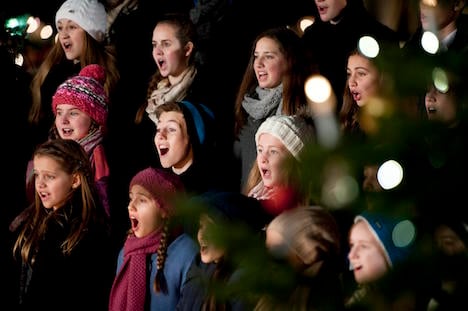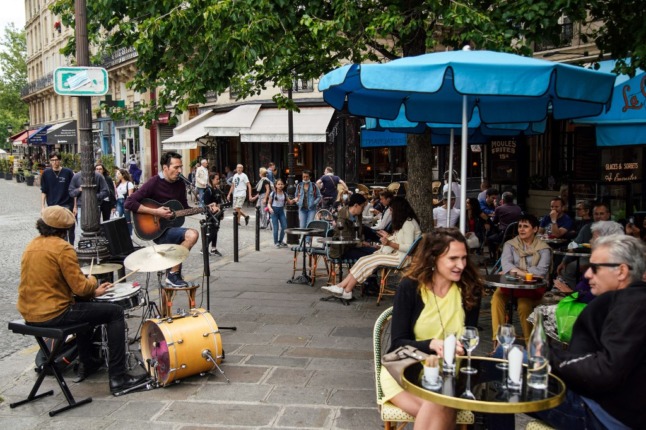After a six-percent budget cut down to 60 million euros ($65.2 million, £41.8 million), the 95th edition will feature only 188 performances compared with 270 last year.
The tighter schedule is a telltale sign that interim directors Helga Rabl-Stadler and Sven-Eric Bechtolf have made good on their promise to lower costs after the extravagant two-year reign of Alexander Pereira, who quit in 2014 to direct the La Scala opera house in Milan.
The latest edition, which runs until August 30, has chosen as its theme “Inequality” to highlight the complex interdependent relationships between “masters and servants, the powerful and the powerless, oppression and protest”, the pair said in a statement.
Like every year, guests attending the opening night on July 18 will be treated to Joseph Haydn's masterpiece oratorio “The Creation”.
The 2015 event will also premiere three new operas, including “Le Nozze di Figaro”, an instalment of the festival's Mozart cycle featuring Venetian opera librettist Lorenzo da Ponte and accompanied by the Vienna Philharmonic Orchestra.
Returning operatic crowd-pleasers include “The Knight of the Rose” by Richard Strauss and Giuseppe Verdi's “Il Trovatore”.
Meanwhile, sparks are set to fly on the stage when acclaimed theatre director Henry Mason presents his latest adaption of William Shakespeare's “Comedy of Errors”.
The Austrian-based Brit, who will make his directorial debut at the Vienna State Opera in December, already wooed Salzburg festival spectators last year with the Shakespeare comedy “A Midsummer Night's Dream”.
Other drama highlights feature Johann Wolfgang von Goethe's tragedy “Clavigo”, as well as a specially commissioned version of “Mack The Knife” by Bertolt Brecht and Kurt Weill.
More than 200,000 visitors are expected at the cultural smorgasbord in Austria, which will finish with its famous “Everyman” play.



 Please whitelist us to continue reading.
Please whitelist us to continue reading.
Member comments